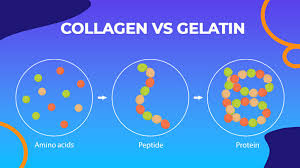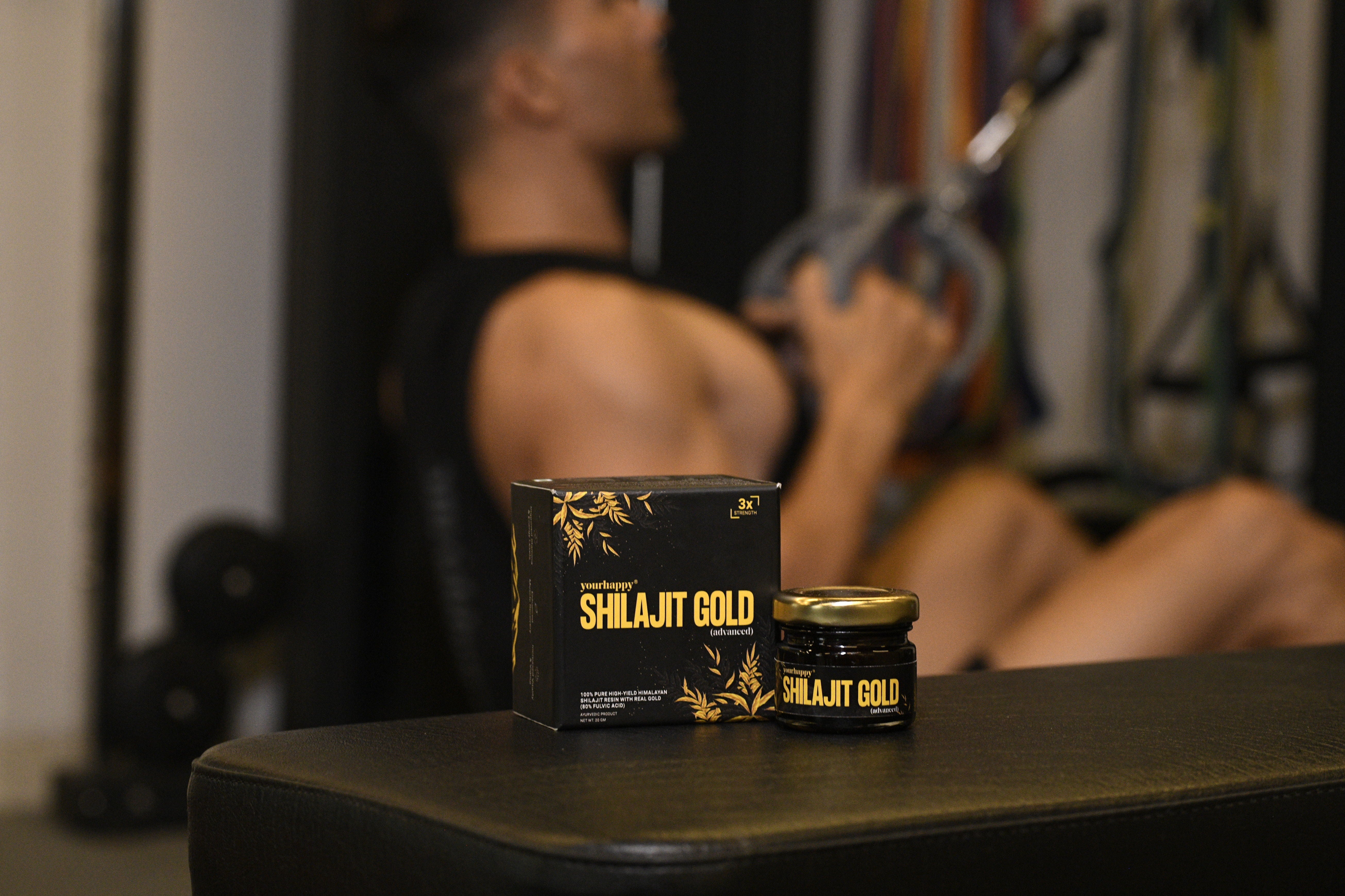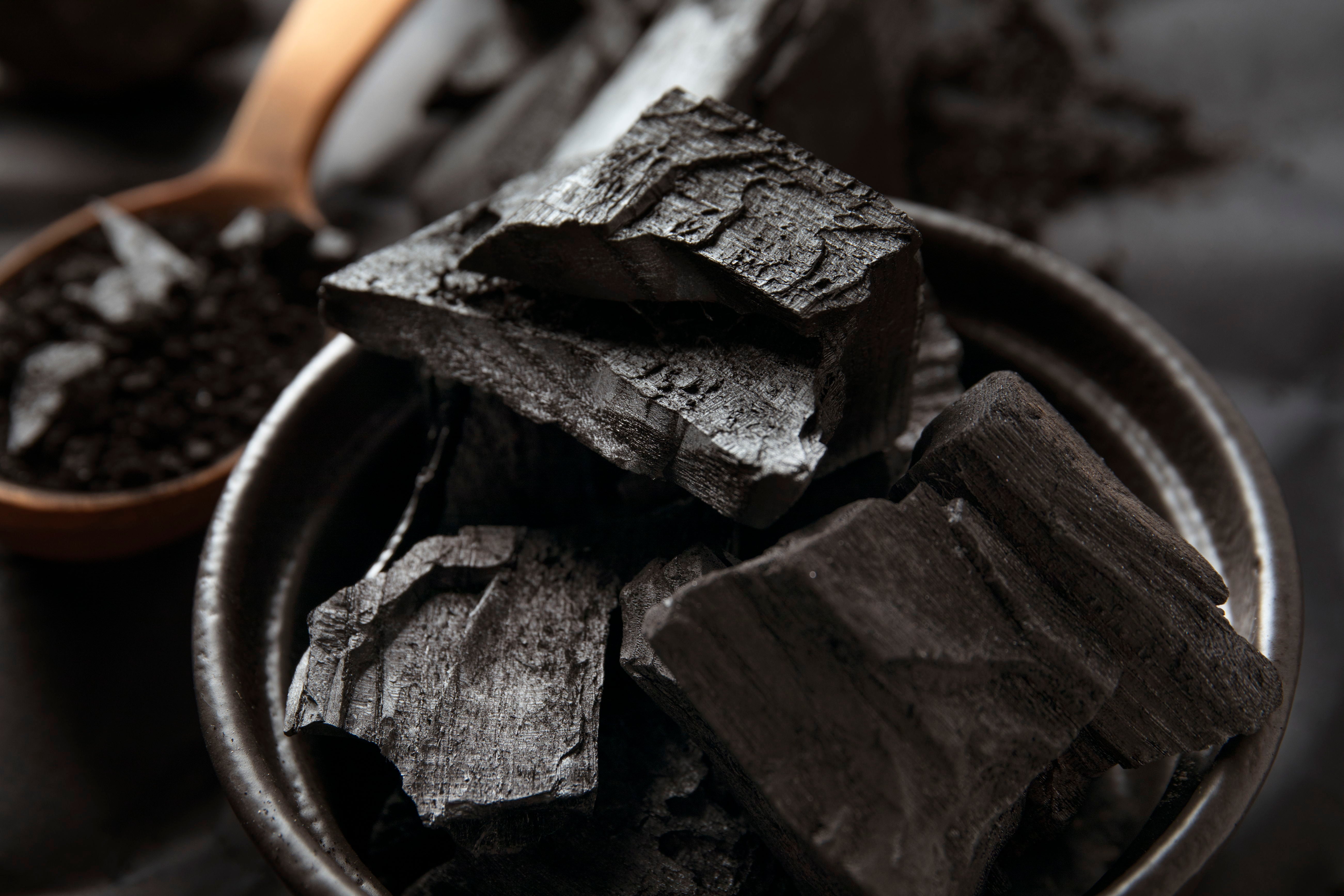News
Collagen in Fitness: Boosting Muscle Recovery and Strength

Collagen is the most abundant protein in the human body, accounting for roughly 30% of its total protein composition. Also, collagen accounts for 10% of all muscle mass in the human body. This protein provides the fundamental structure, support, and strength for the entire musculoskeletal system, including muscles, bones, tendons, and ligaments. Understanding collagen's role in aiding the body's muscle recovery is essential before exploring how it can influence athletic performance.
How Collagen Repairs and Restores Your Muscles
Following intense exercise, muscles undergo a process of damage and repair. Collagen is a critical protein required for this tissue repair process. The body’s own connective tissue cells, called fibroblasts, produce and maintain collagen to rebuild damaged structures.
This regenerative process requires specific raw materials. Collagen is uniquely rich in the amino acids glycine, proline, and hydroxyproline, which are the essential building blocks for creating new tissue. While the body can produce collagen naturally, this synthesis requires an adequate supply of these amino acids from dietary sources, such as chicken skin, bone broth, and fish, or through supplementation.
Does Collagen help with Athletic Performance?
While some marketing claims suggest collagen directly "boosts strength," the scientific evidence points to a more nuanced role. Rather than directly increasing muscle contractile force, collagen supplementation primarily supports the components that enable effective training and recovery.
Studies have shown that collagen peptides can reduce muscle soreness and improve recovery markers after strenuous exercise. The primary benefits for athletes include:
-
Enhanced Tissue Repair: By supplying necessary amino acids, collagen helps accelerate the repair of micro-tears in muscle and connective tissue that occur during workouts.
-
Strengthened Connective Tissues: It helps maintain the integrity of tendons and ligaments, which are crucial for transferring force from muscles to bones and preventing injury.
-
Improved Recovery Rate: Research indicates that collagen supplementation can lead to faster recovery of force production and a quicker return to peak performance after muscle-damaging exercise.
By strengthening the underlying structures and speeding up recovery, collagen allows athletes to train more consistently and effectively, which indirectly leads to gains in strength and performance.
Does natural collagen production decline with age?
The body's need for collagen becomes more critical over time due to a natural process of deterioration. Natural collagen production begins to decrease by about 1% every year starting in our mid-twenties, and this rate of loss accelerates with age. As we grow older, existing collagen becomes more fragmented, fibroblast function is impaired, and overall production slows.
This age-related decline explains why recovery takes longer and why joints become more susceptible to wear and tear. Supplementing with collagen can help offset this natural loss, providing the body with the resources it needs to continue to maintain its structural integrity.
How to maximize Collagen for athletic benefits
To support the body's natural collagen production, a well-balanced diet rich in protein and Vitamin C is essential, as Vitamin C is a required cofactor for collagen synthesis. When turning to supplements, the form matters. Hydrolyzed collagen, or collagen peptides, has been broken down into smaller, more easily absorbed particles. This high bioavailability ensures the body can efficiently utilize the amino acids for tissue repair.
The benefits of collagen supplementation appear to be most significant for:
-
Athletes who place high stress on their joints and connective tissues.
-
Older adults looking to counteract age-related muscle and collagen loss (sarcopenia).
-
Individuals recovering from certain types of injuries.
How often should I take collagen supplements for muscle recovery?
Collagen's primary and most evidence-supported role in fitness is in structural maintenance and tissue repair. By helping to replace damaged collagen fibers and reinforce connective tissues, it supports the body's natural recovery process. While direct claims of "boosting strength" should be viewed with caution, the benefits for reducing soreness, accelerating recovery, and strengthening tendons are well-documented.
When considering that the body undergoes more stress during exercise, collagen consumption must also be increased accordingly. General recommendations is up to 15g per day for muscle recovery.
For those in target populations, the consistent intake of hydrolyzed collagen peptides can be an effective tool for maintaining the musculoskeletal system. However, it is important to remember that many broad claims about collagen supplements still lack robust scientific backing, and it should be considered a supportive element within a comprehensive fitness and nutrition plan.











































